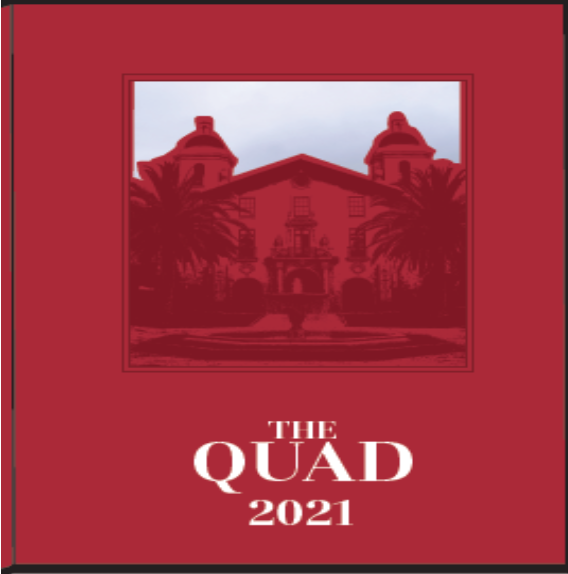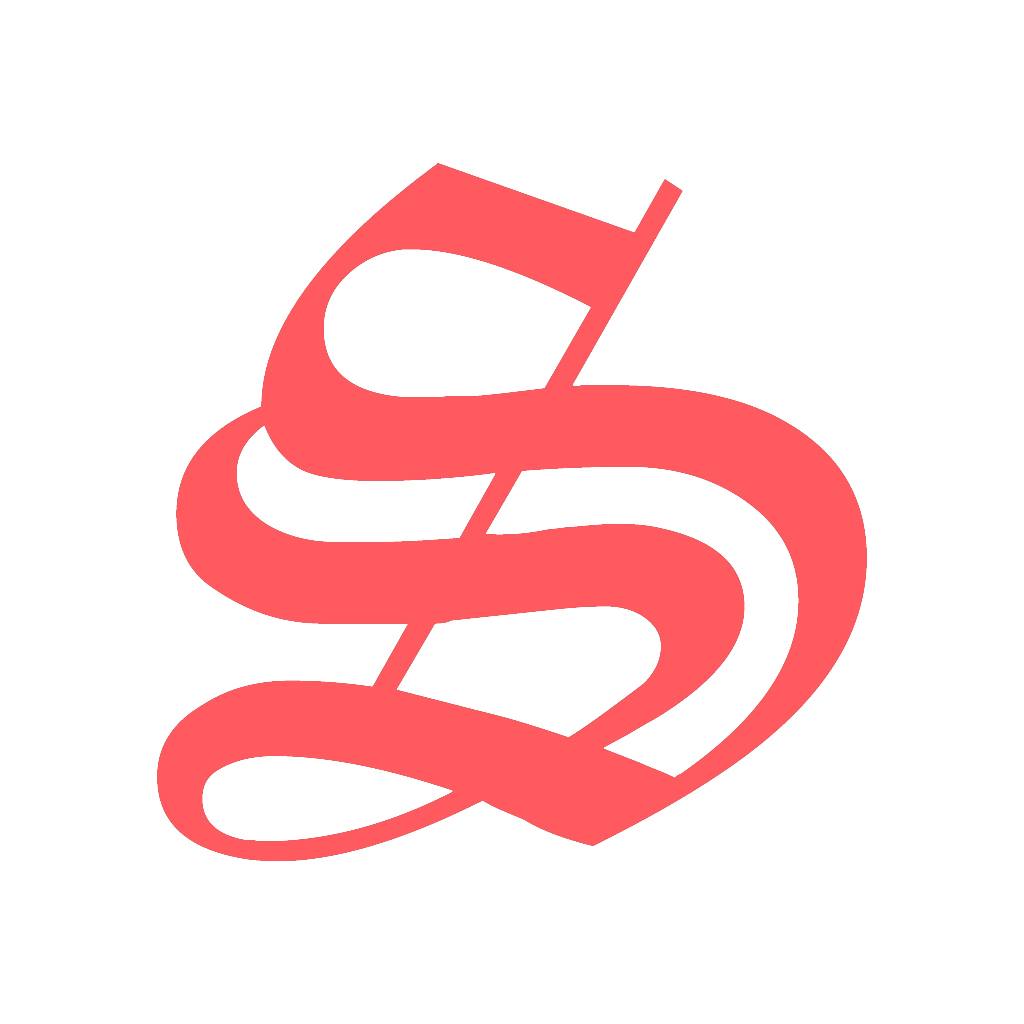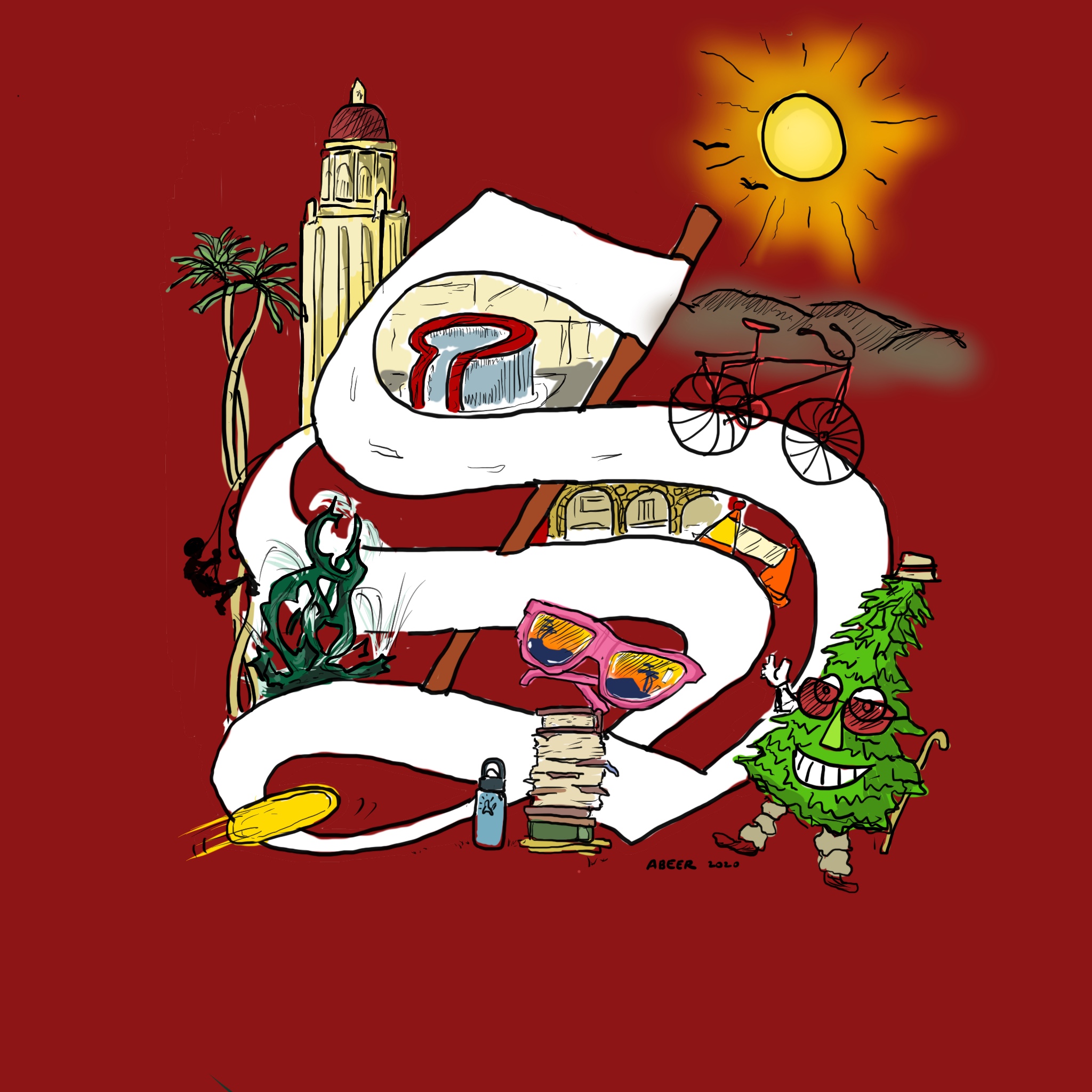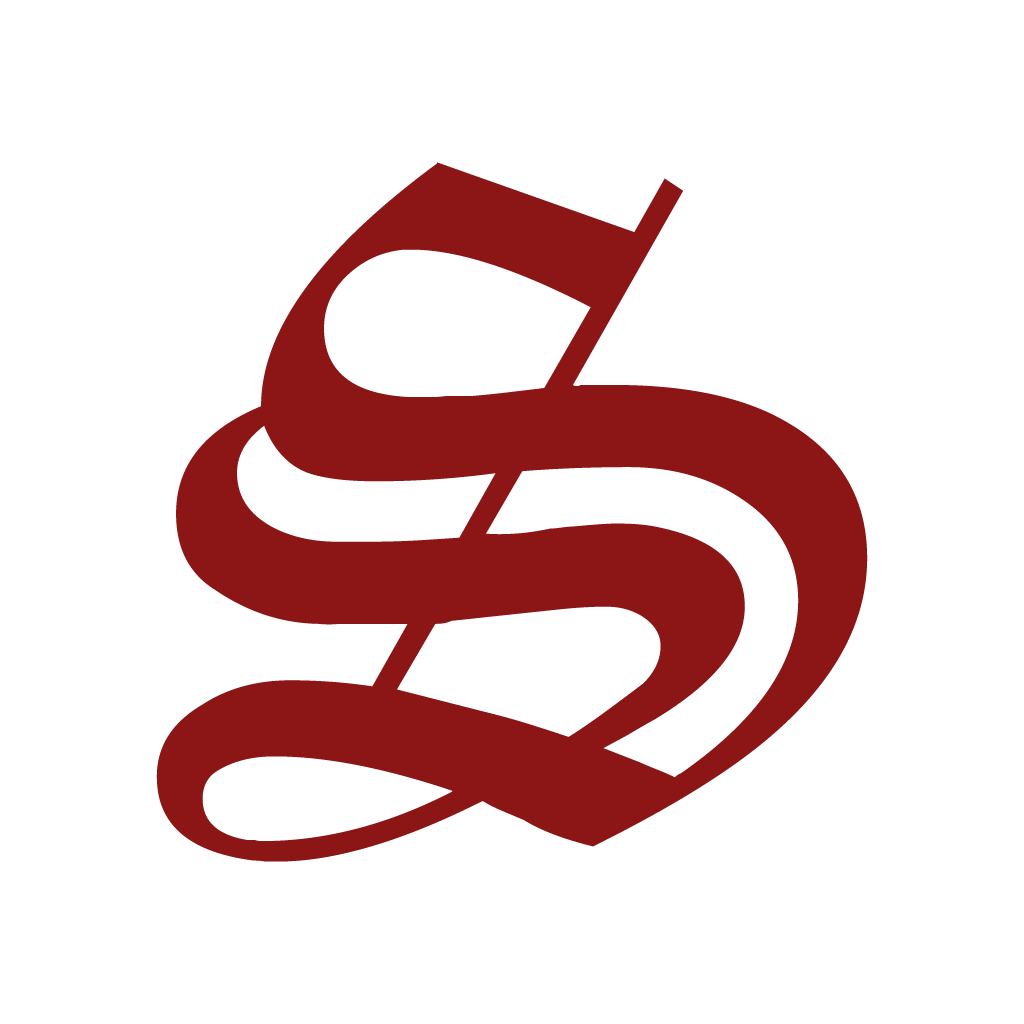
We’ve missed out on a whole year of Stanford. Everyone is doing their best to make it work, from Stanford Recreation sending emails even when all the gyms were closed to professors logging onto Zoom for the first time, but some things have no substitute. I miss the greasy burgers and shakes at TAP. I miss the jokes carved into the study carrels in Green Library and the five-minute walk from my dorm to the bench overlooking Lake Lagunita. Most of all, I miss biking back to FloMo at 2 a.m. and seeing the lounge filled with a dozen people I could crack a joke with and wish goodnight.
There’s an aspect of dorm life that’s always on. We’re so crowded together that something is always happening. Someone is always joining a club, starting an internship, rolling out to a frat, and because the walls are thin everyone hears everything. There’s a lot I miss about campus, but being at home has allowed me to take a giant step back and think, really think, for the first time in three years. You have to make a lot of big, life-impacting decisions in college, and a one-room double in a dorm filled with a bunch of twenty year olds who are pretty smart and extremely ambitious is one of the worst places I can think of to make these decisions.
It’s not the scrum of dorm life that makes this type of thinking difficult, but the almost gravitational pull exerted on motivated college-age minds contemplating the success of peers. It’s not hard to find a quiet corner of the lounge or listen to lo-fi music in your room, but it is difficult to see your friend down the hall land a Google internship and not wonder if you should start taking concrete steps toward securing your own future.
Stanford holds its first career fair about a month after classes begin. I remember biking past the fair during my freshman fall and thinking everyone was pretty ridiculous for internship hunting in October. But that’s all anyone would talk about at lunch. I’d never made a resume, but a couple kids at my table had printed copies and had gone around to booths handing them to companies. I biked back to the career fair after lunch, but without a resume or any intention of majoring in computer science, there wasn’t much to do but walk around. Was I behind already?
Two years later, a junior in a four-class dorm, I watched a table of freshmen watch another freshman come back from the same fall career fair. The whole table turned. The freshman sat down and flipped a purple binder onto the table, spilling out loose leaf resumes. I watched five pairs of eyes arc down to the resumes, then back up again. I think this is how singers and authors and historians become software engineers and consultants.
I have a couple friends who pinned a big Stanford “S” on their wall in high school. They tapped it every morning heading out the door and looked at it every night before bed. Take AP classes. Develop a hook. Ace the SAT. There are well-defined pathways to get into college, and for the type of academic student who strives to attend Stanford, high school has a clear end goal.
What happens after you cross the goal line? There’s a void, a vacuum, and it often gets filled by whatever is most convenient. In most cases that ends up being finance, consulting, coding, jobs that have easy-to-fill-out applications and what you see all your friends doing.
Computer science is all the rage at the moment. I didn’t take any CS classes my freshman year, but a lot of people in my dorm did. After the midterm for the intro CS class, they all filed into the dorm’s lounge. They gaggled into circles discussing questions or joking about answers. People zipped between groups, debating answers and algorithms. Gathered together, laughing at jokes I couldn’t understand, they all seemed so … cool. I was years away from even declaring a major, but somehow they all seemed to have figured it out together.
In five weeks they had become insiders, joined a clique and were speaking a whole new language.
The terrible and comforting thing about following a well-trodden path is that it provides easy answers to a lot of uncomfortable questions. Where am I going to intern this summer? How am I going to find a job after graduation? Is this really the field where I want to stake out a career? While the popular choice may not provide the right answers, it does provide convenient ones.
It takes gumption to go against the grain, especially because the four years in high school are, to some extent, an exercise in checking all the right boxes. In a way, I bet majoring in a lucrative major or taking an investment banking internship feels a bit like taking the right APs or testing into the honors program. There’s nothing wrong with choosing the popular major or internship, but I worry that Stanford students don’t ever really explore their options. I think that one of the biggest advantages of going to Stanford is the great education and the ability that gives you to take career risks.
Majoring in a less vocational field or not taking the standard internship means it’s more difficult to answer the question “so, what are you going to do with that?” The opportunities are too diffuse, the world too open, to answer with a breezy “Google.” It takes a lot of courage to launch yourself into the great unknown, trusting your convictions and passions while seeing everyone around you make $20,000 in a summer or get a quarter million to launch a company. You need to dig deep.
I’m going to make a prediction that there are going to be slightly fewer engineering majors and McKinsey interns in the freshmen and sophomore classes. The pressure for conformity is dampened by distance, and even students living on campus don’t have the same dorm experience discussing existentialism and starting salaries late into the night.
We’re missing a lot this year, but I think distance learning gives us all a special opportunity. It gives us the chance to take a deep breath and take a step back. Stanford is a brilliant, crazy burst of energy. It’s fun, it’s entertaining, it’s nausea-inducing and sometimes in college you need the exact opposite of the college experience. You need a dead quiet Saturday night and a starry night sky to ponder.
Contact the Opinions Section at opinions ‘at’ stanforddaily.com.
The Daily is committed to publishing a diversity of op-eds and letters to the editor. We’d love to hear your thoughts. Email letters to the editor to eic ‘at’ stanforddaily.com and op-ed submissions to opinions ‘at’ stanforddaily.com.





